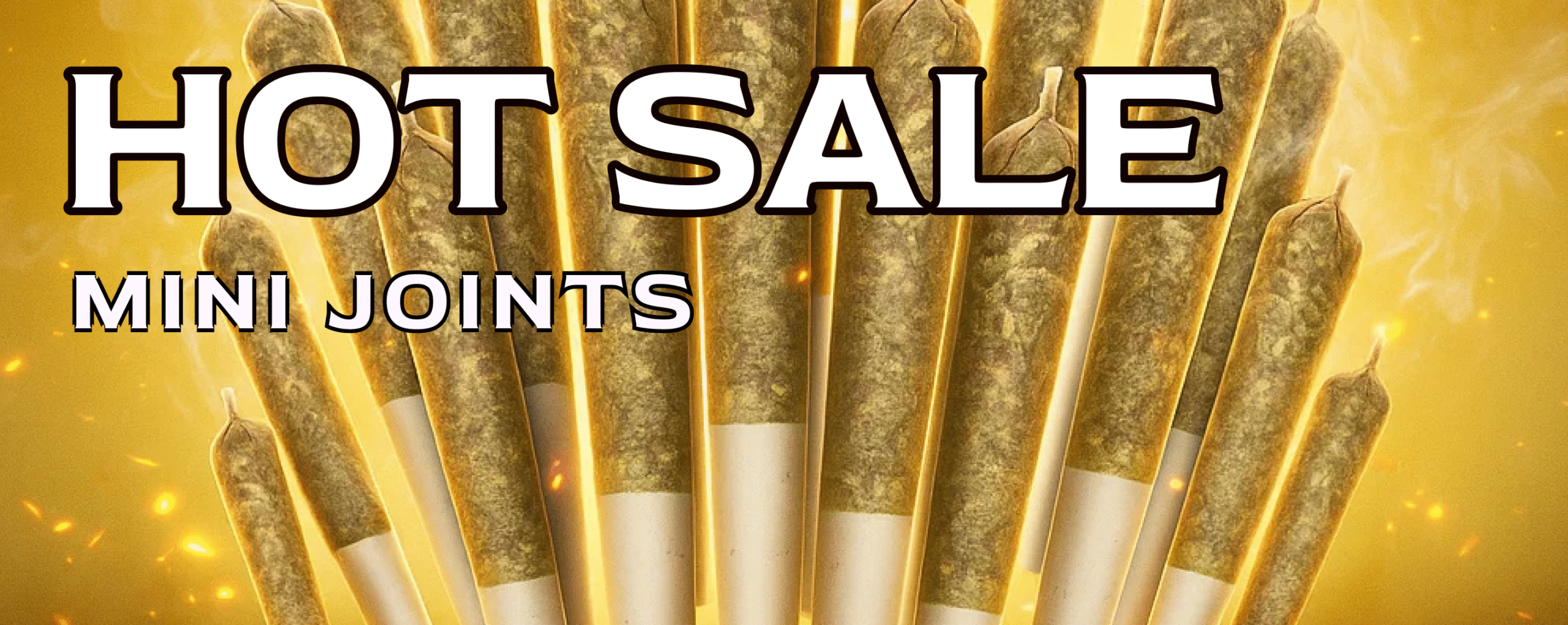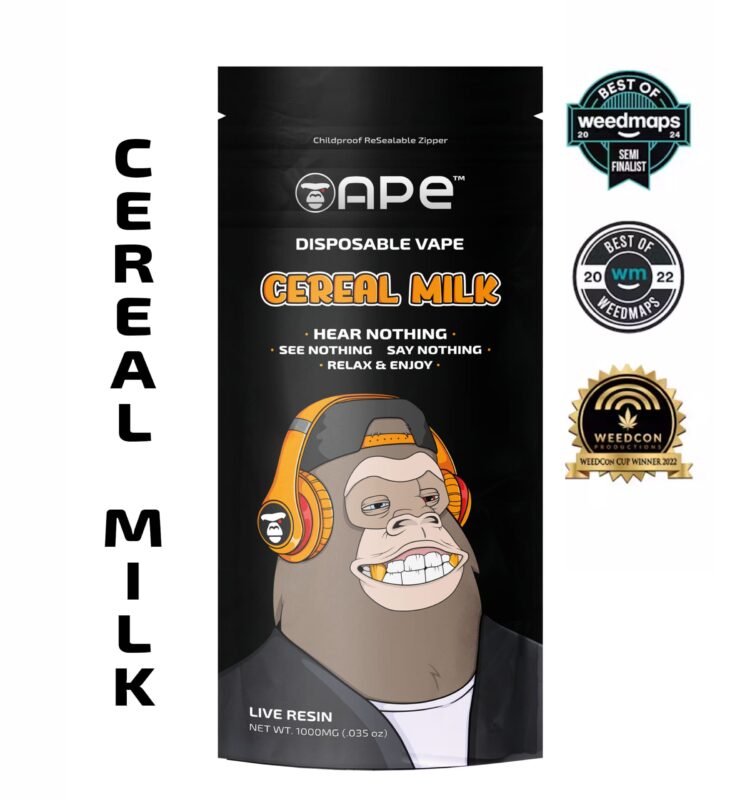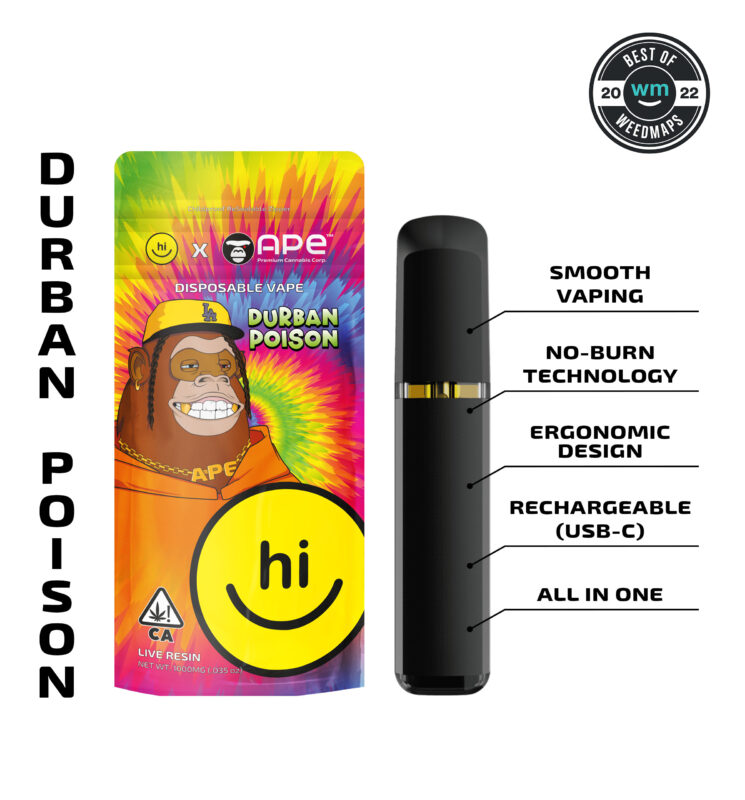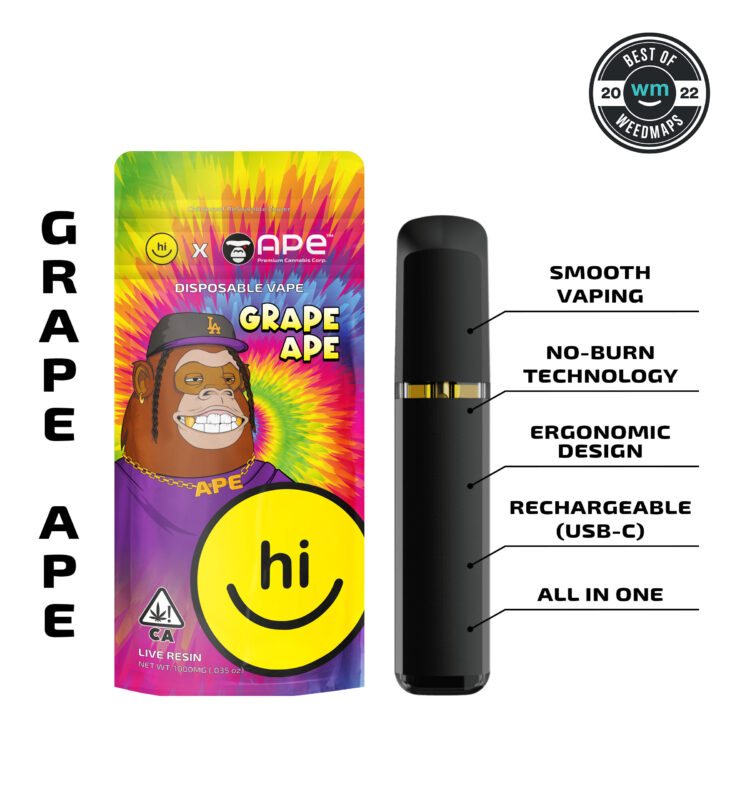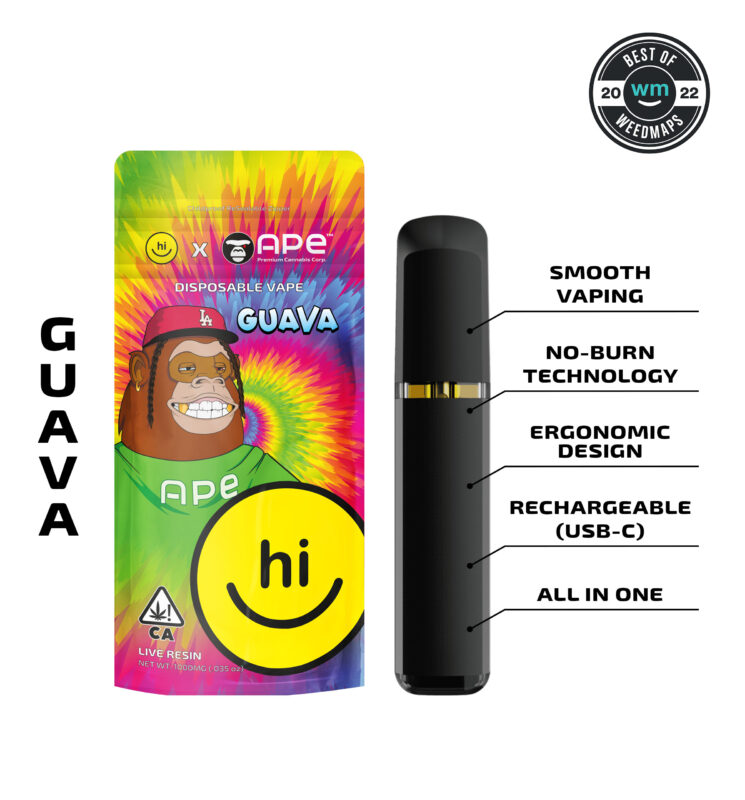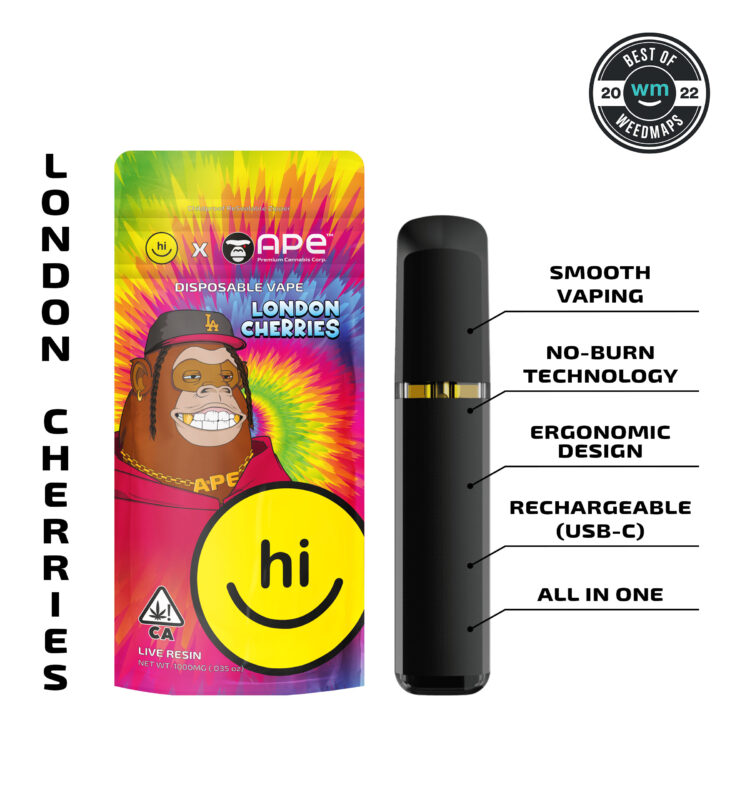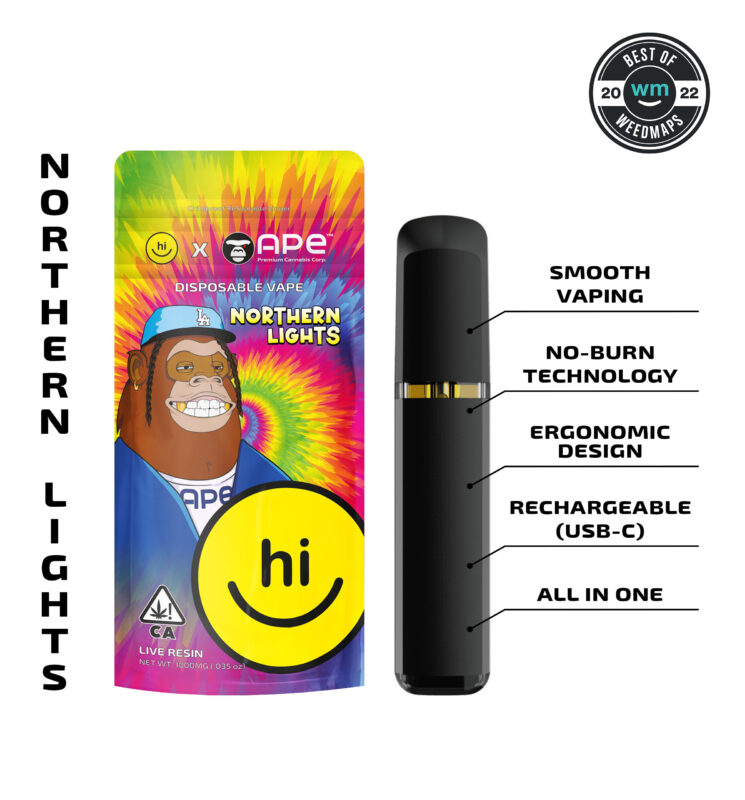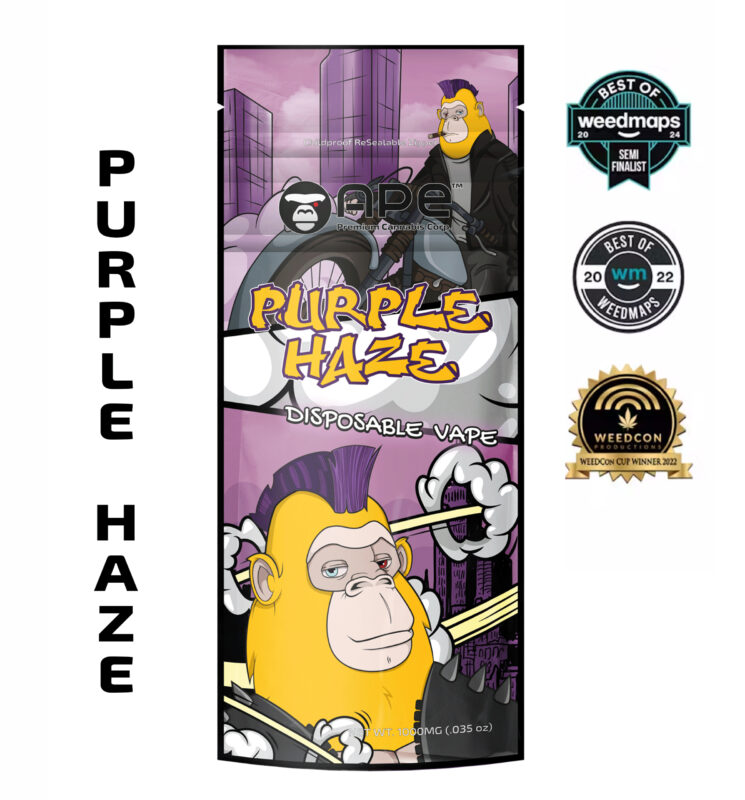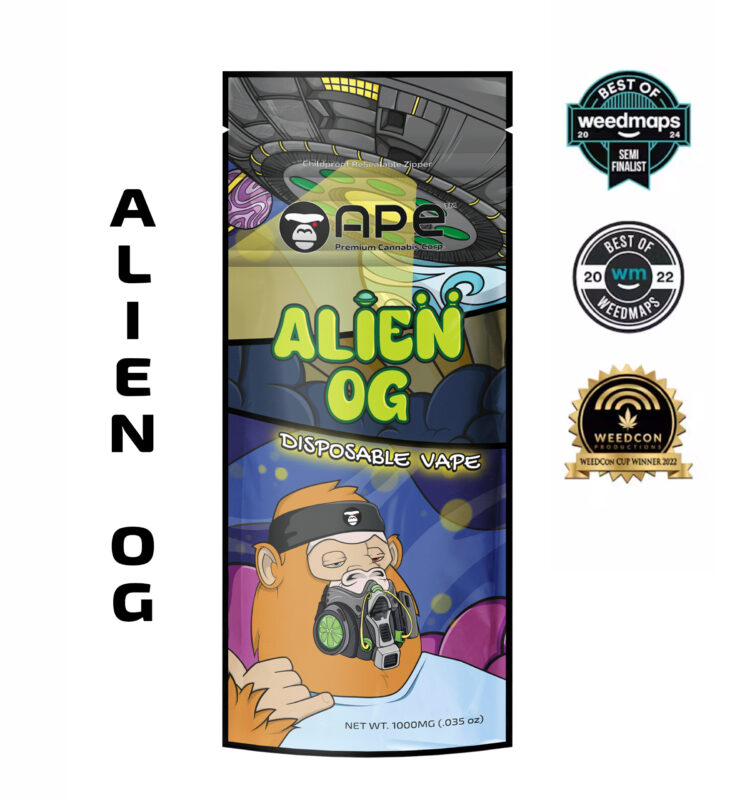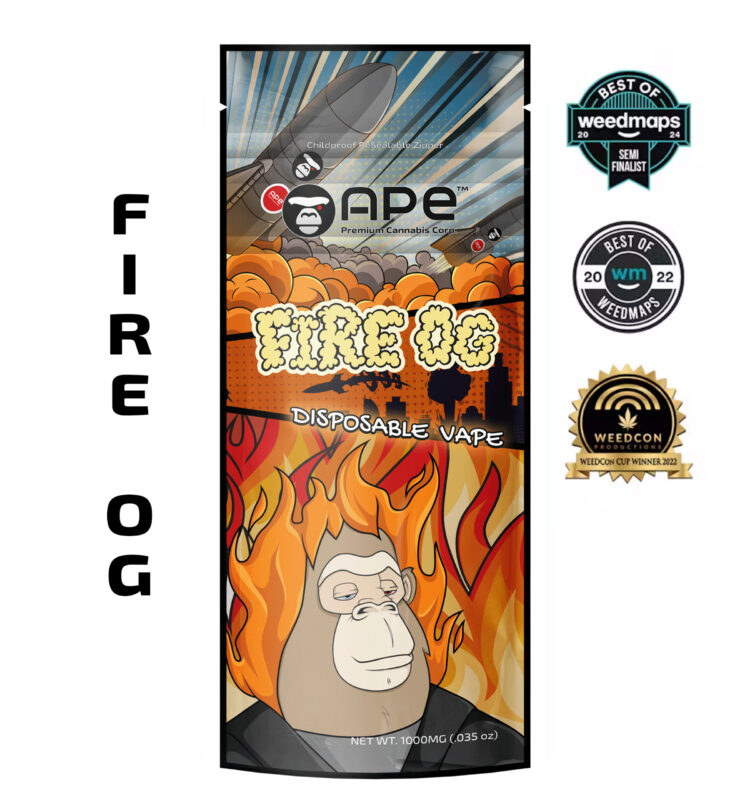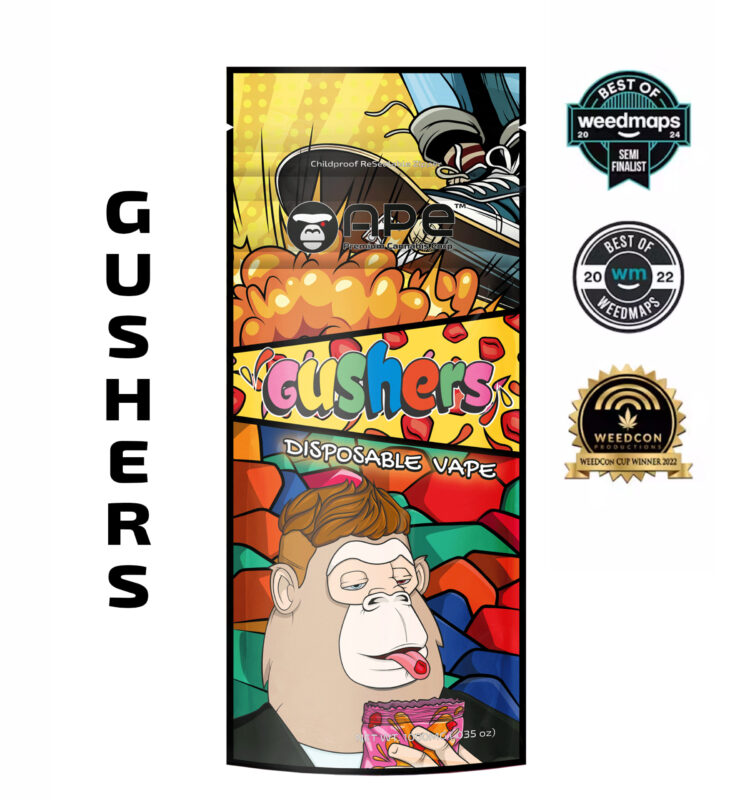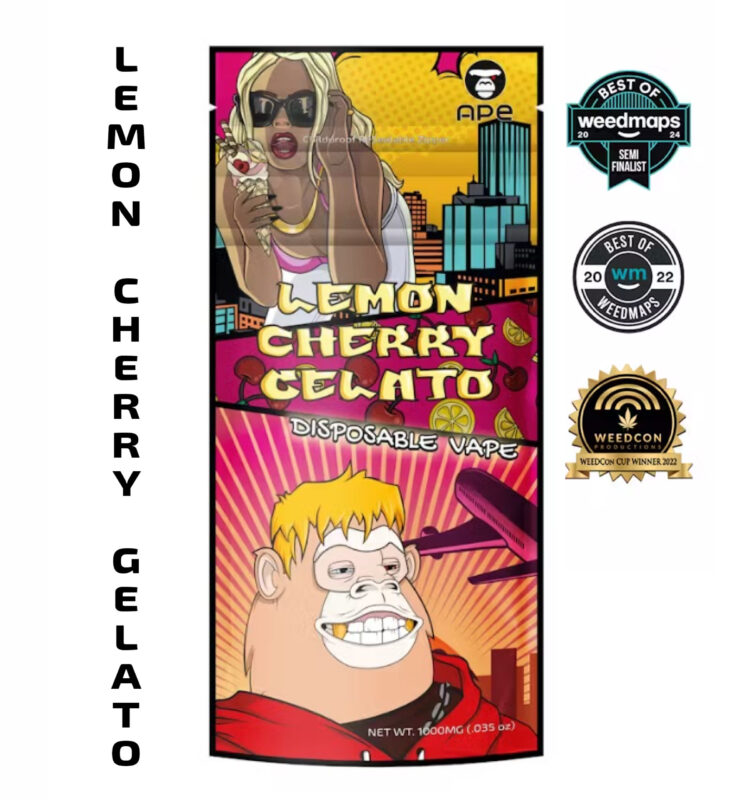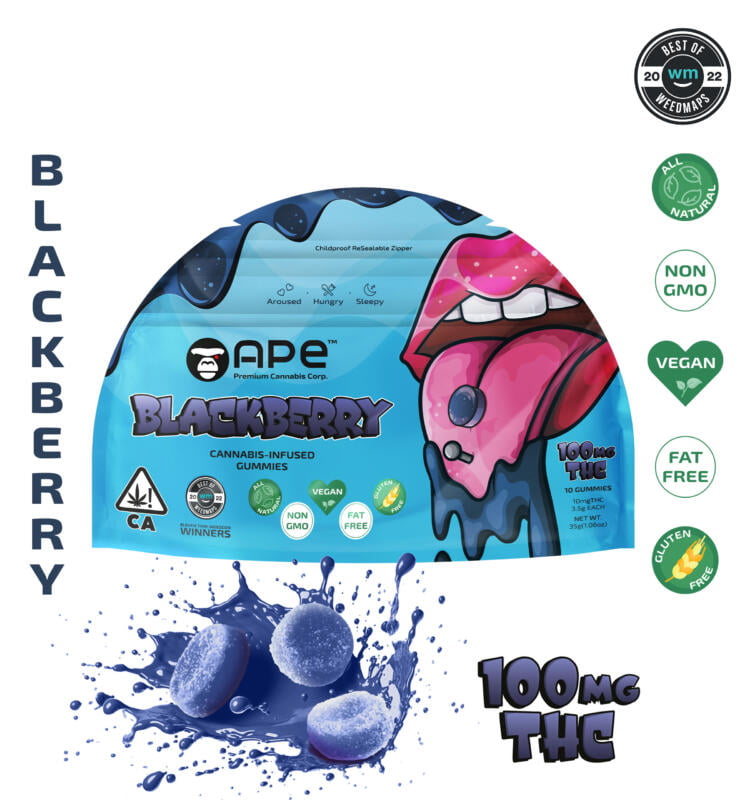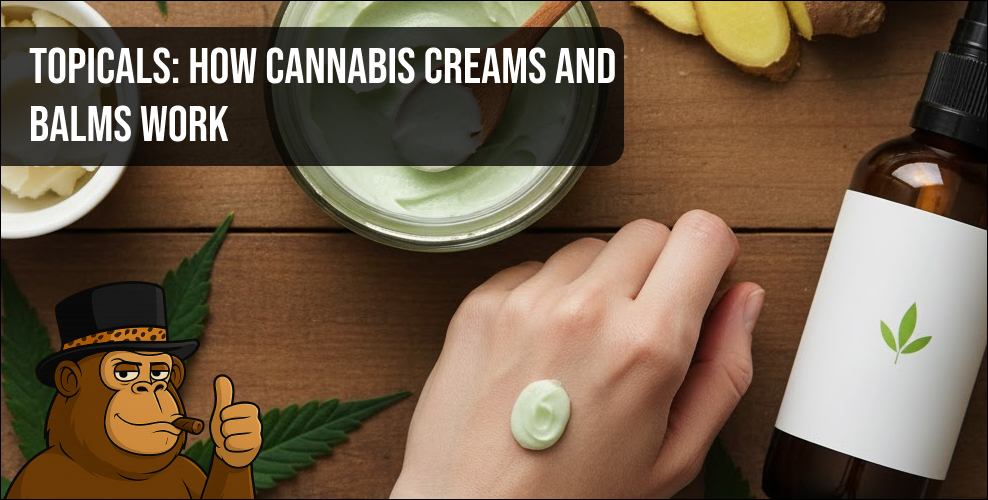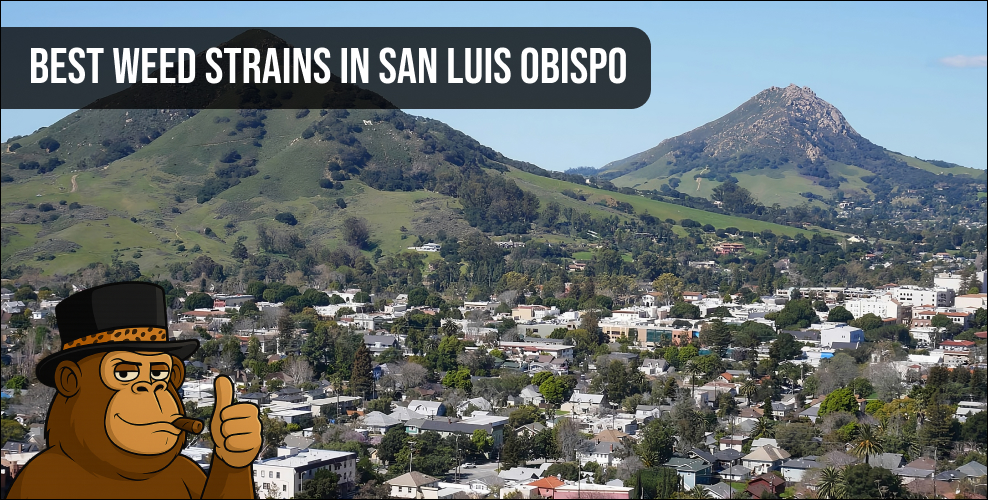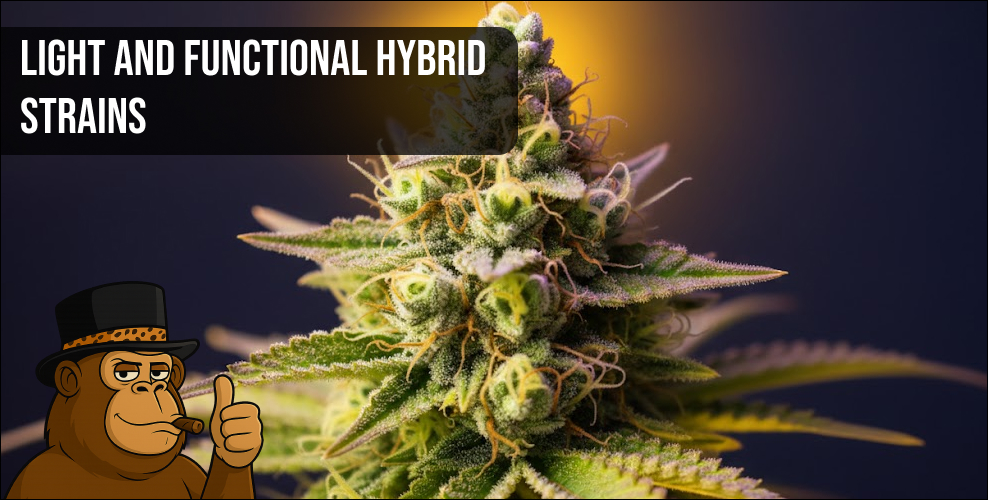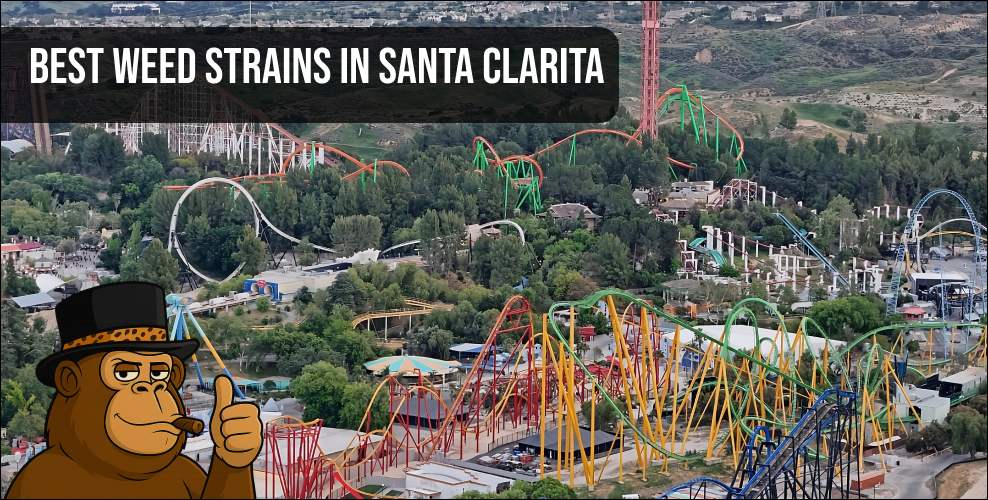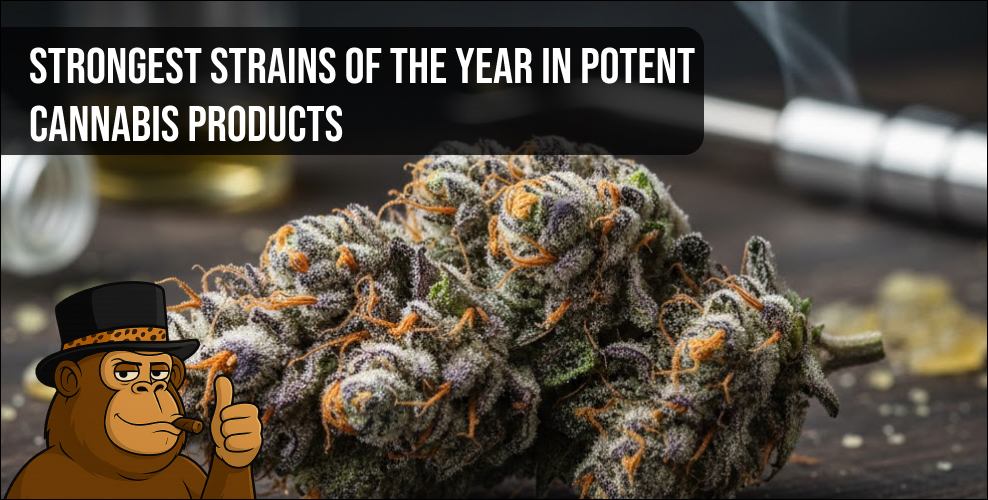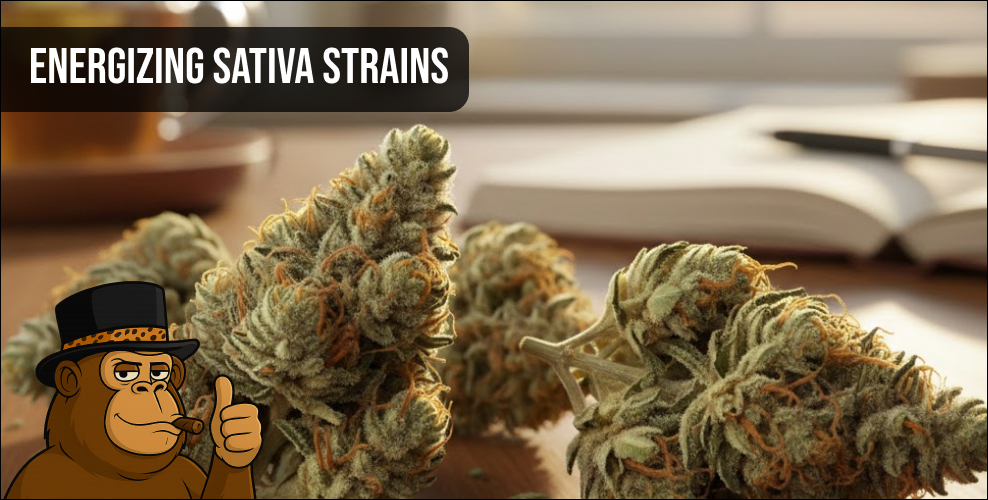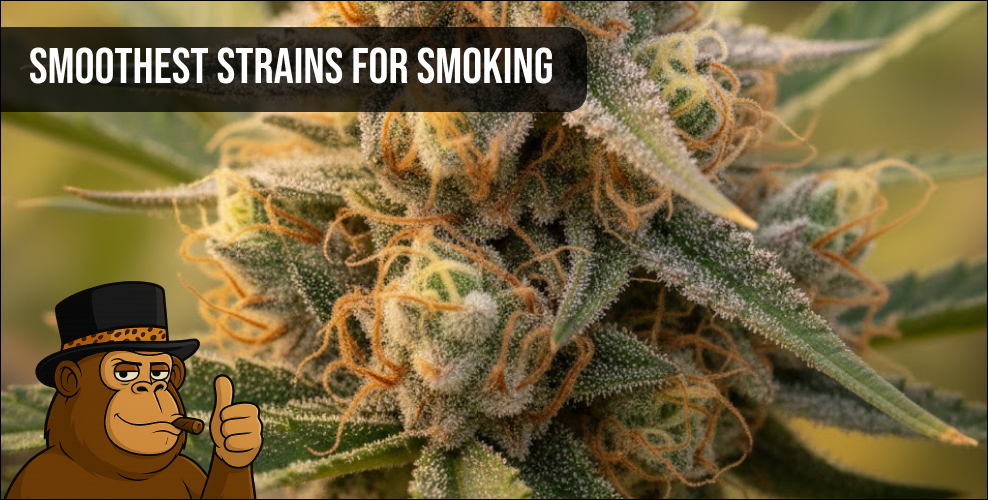
Weed Education
What Is Distillate Weed?

In the ever-expanding world of cannabis products, few innovations have reshaped the market like distillate. But what is distillate weed, and why is everyone talking about it? At its core, distillate is a highly refined cannabis extract, stripped of everything except cannabinoids—no chlorophyll, plant wax, or terpenes remain. What you get is a potent, translucent oil, almost entirely pure THC or CBD, depending on the source. With cannabinoid levels often reaching 90–99%, it’s no surprise this product has found a home in countless cannabis formulations.
Distillate’s lack of flavor and aroma makes it ideal for customizing—manufacturers can add back any desired terpenes or flavorings. This also makes dosing much more precise, a game-changer for medical users and anyone wanting a clean, predictable high. Whether it’s a vape cartridge, edible, tincture, or topical, distillate’s flexibility makes it a go-to in modern cannabis consumption.
Main advantages:
- Exceptionally high THC or CBD content
- Neutral taste, perfect for formulations
- Suitable for multiple cannabis product types
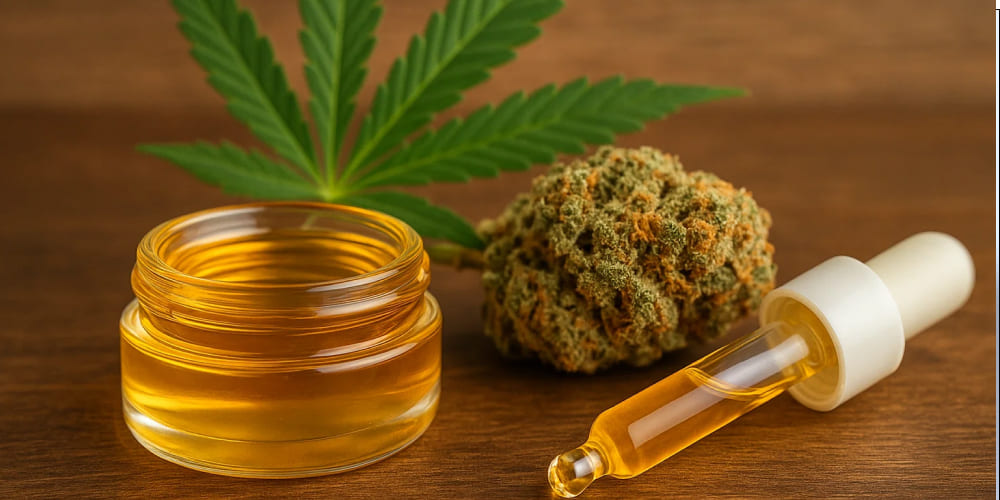
How Distillate Weed Is Made
To really understand what is distillate weed, it helps to look at how it’s made. The process is more scientific than artistic, involving several stages designed to isolate cannabinoids and eliminate impurities. First, raw cannabis goes through an extraction phase using solvents like ethanol or CO2 to draw out the oils. This raw extract still contains fats, waxes, and chlorophyll, which are removed through winterization. Next comes decarboxylation—a heating process that activates cannabinoids.
The final stage is molecular distillation. Using specific heat and vacuum conditions, cannabinoids are boiled off and collected while heavier compounds stay behind. This precise technique results in a thick, clear oil that is almost pure cannabinoid content. The purity and consistency of distillate are what make it so valuable in cannabis manufacturing today.
Core steps in production:
- Solvent extraction from cannabis
- Winterization and decarboxylation
- Molecular distillation of cannabinoids
What Makes Distillate Weed Different?
So what is distillate weed when compared to other concentrates like wax or live resin? The answer lies in its purity and uniformity. While other extracts retain terpenes and flavonoids, distillate removes nearly everything except cannabinoids. This makes the end product cleaner in appearance and more potent in effect. There’s no sticky residue or strong smell—just pure, golden oil that can be dosed and used in a controlled way.
This can be a big plus for some users and a downside for others. Those seeking flavor and the entourage effect might find distillate lacking, while users chasing maximum potency will love it. It’s especially appealing in commercial products, where precision and consistency are essential.
In fact, many vape cartridges and infused edibles rely on distillate for its dependable strength. Manufacturers value it for creating standardized products that meet strict dosing requirements. For consumers, this means a more predictable and controlled experience every time.
What sets it apart:
- Highly refined, odorless, tasteless oil
- More potent than most other concentrates
- Easy to blend into products
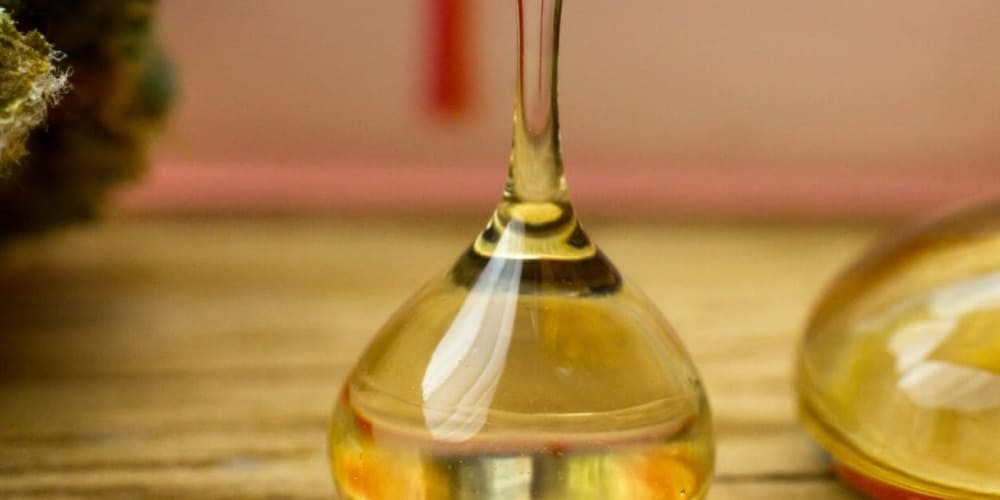
Types of Distillate Weed
When asking what is distillate weed, it’s worth noting that not all distillate is created equal. The category includes different cannabinoid profiles, with THC distillate and CBD distillate being the most common. THC distillate delivers strong psychoactive effects, often used in recreational products. CBD distillate, on the other hand, is preferred for therapeutic applications like anxiety or pain relief.
There are also broad-spectrum distillates that reintroduce minor cannabinoids or terpenes, providing some of the complexity of full-spectrum extracts. The choice depends on personal needs—whether it’s relaxation, euphoria, or targeted relief without intoxication.
Common types:
- THC distillate for recreational use
- CBD distillate for wellness and relief
- Broad-spectrum for added plant synergy
Ways People Use Distillate Weed
One reason the question what is distillate weed gets asked so often is because it shows up everywhere. Vapes, gummies, capsules, and tinctures all use distillate thanks to its potency and ease of use. The neutral taste makes it perfect for edibles—you get all the effects without compromising flavor. It also blends well into topicals and oils, enhancing therapeutic products without adding strong cannabis aromas.
For recreational use, distillate is often found in pre-filled cartridges that offer quick, discreet hits. Some users even add it to flower to supercharge their joint or bowl. Its versatility and adaptability make distillate one of the most widely used concentrates available.
Popular uses:
- Vape cartridges for smooth inhalation
- Edibles without cannabis aftertaste
- Additive to flower or other concentrates

Benefits of Distillate Weed
Now that the basics of what is distillate weed are clear, it’s time to explore why people love it. The biggest advantage is predictability—every milligram contains a consistent amount of cannabinoids. This is especially important for medical patients who rely on accurate dosing. Recreational users also appreciate its clean high and ability to blend into nearly any format.
Another plus is accessibility. Even beginners can use distillate-based products like gummies or tinctures with minimal effort. Unlike live resin or hash, it doesn’t require experience to handle. And because distillate is odorless and tasteless, it won’t draw unwanted attention.
Why users choose it:
- Predictable effects and reliable dosing
- No strong smell or taste
- Easy for beginners and experienced users alike
Downsides to Consider
Despite all the perks, there are some downsides to what is distillate weed. The most obvious is the lack of terpenes. Terpenes aren’t just about flavor—they play a role in the entourage effect, where multiple cannabis compounds work together to enhance benefits. Without them, distillate can feel flat to some users.
Another issue is overconsumption. Because it’s so potent, even a tiny dose can be overwhelming, especially in edibles. It’s also important to buy from reputable producers, as the quality of distillate can vary depending on how it’s made and what starting material was used.
Storage is another consideration—distillate should be kept in a cool, dark place to preserve its potency over time. Inconsistent labeling can also be a problem, making it harder for users to dose accurately. As with any cannabis product, education and caution go a long way toward a safe and enjoyable experience.
Possible drawbacks:
- No natural flavor or aroma
- Easy to take too much
- Quality varies by producer
Who Should Use Distillate Weed?
Understanding what is distillate weed helps in knowing who it’s for. Distillate is ideal for experienced users who want strong effects without extra flavor or smell. Medical patients benefit from the ability to dose accurately and avoid psychoactive side effects by using CBD-based distillates.
It’s also perfect for product makers. If you’re creating infused goods like skincare or food, distillate gives you a clean, consistent base to work from. Even newcomers to cannabis can benefit, as long as they start small and use products designed for easy dosing.
Best suited for:
- High-tolerance or medical users
- Product manufacturers and chefs
- New users seeking a discreet option
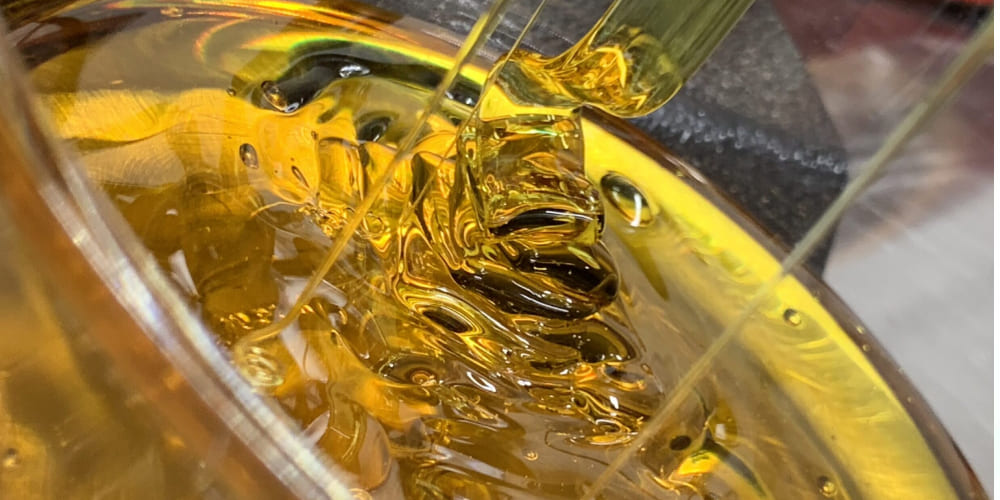
FAQ about What Is Distillate Weed
OPEN
What exactly is distillate weed?
Distillate weed is a highly purified cannabis concentrate containing primarily cannabinoids like THC or CBD, with all other plant materials removed. It’s produced through molecular distillation, resulting in an extremely potent and clean extract.
How is distillate different from other concentrates?
Unlike wax, shatter, or live resin, distillate weed lacks terpenes and flavonoids, making it virtually tasteless and odorless. However, it boasts cannabinoid concentrations up to 99%, which makes it highly versatile for use in various cannabis products.
What are the most common ways to use distillate weed?
Distillate weed is used in vape cartridges, edibles, tinctures, and topicals. Its neutral flavor allows easy mixing with other ingredients, and its high potency provides a strong and consistent effect across different consumption methods.
What are the benefits of using distillate weed?
The main advantages are its purity, consistent dosing, and versatility. Because of these qualities, distillate weed suits both medical patients who need precise dosing and recreational users looking for a powerful, clean experience.
Are there any drawbacks to distillate weed?
The lack of natural terpenes means less flavor and aroma, which some users may find less enjoyable. The high potency also increases the risk of overconsumption if not used carefully. Quality varies by producer, so choosing reputable sources is essential.
Conclusion
What is distillate weed? It is a highly refined cannabis concentrate prized for its exceptional purity, potency, and versatility. By isolating cannabinoids like THC or CBD through advanced molecular distillation, distillate offers a clean, odorless, and flavorless product that fits seamlessly into a wide range of cannabis applications—from vaping and edibles to tinctures and topicals. Its consistent dosing and neutral profile make it especially valuable for both medical users seeking precise effects and recreational consumers wanting a reliable, potent experience.
However, the absence of natural terpenes means it may lack the rich flavors and aromas found in other cannabis products. Additionally, due to its high strength, careful dosing is essential to avoid overconsumption. Choosing high-quality, lab-tested distillate from trusted producers ensures safety and efficacy.
Ultimately, understanding what is distillate weed helps users make informed choices about integrating this powerful concentrate into their cannabis routine, whether for wellness, recreation, or product creation.

